We asked some very talented folks to talk to us about success and what it takes to be successful. We’ve shared their responses below.
Sabrina Fischer
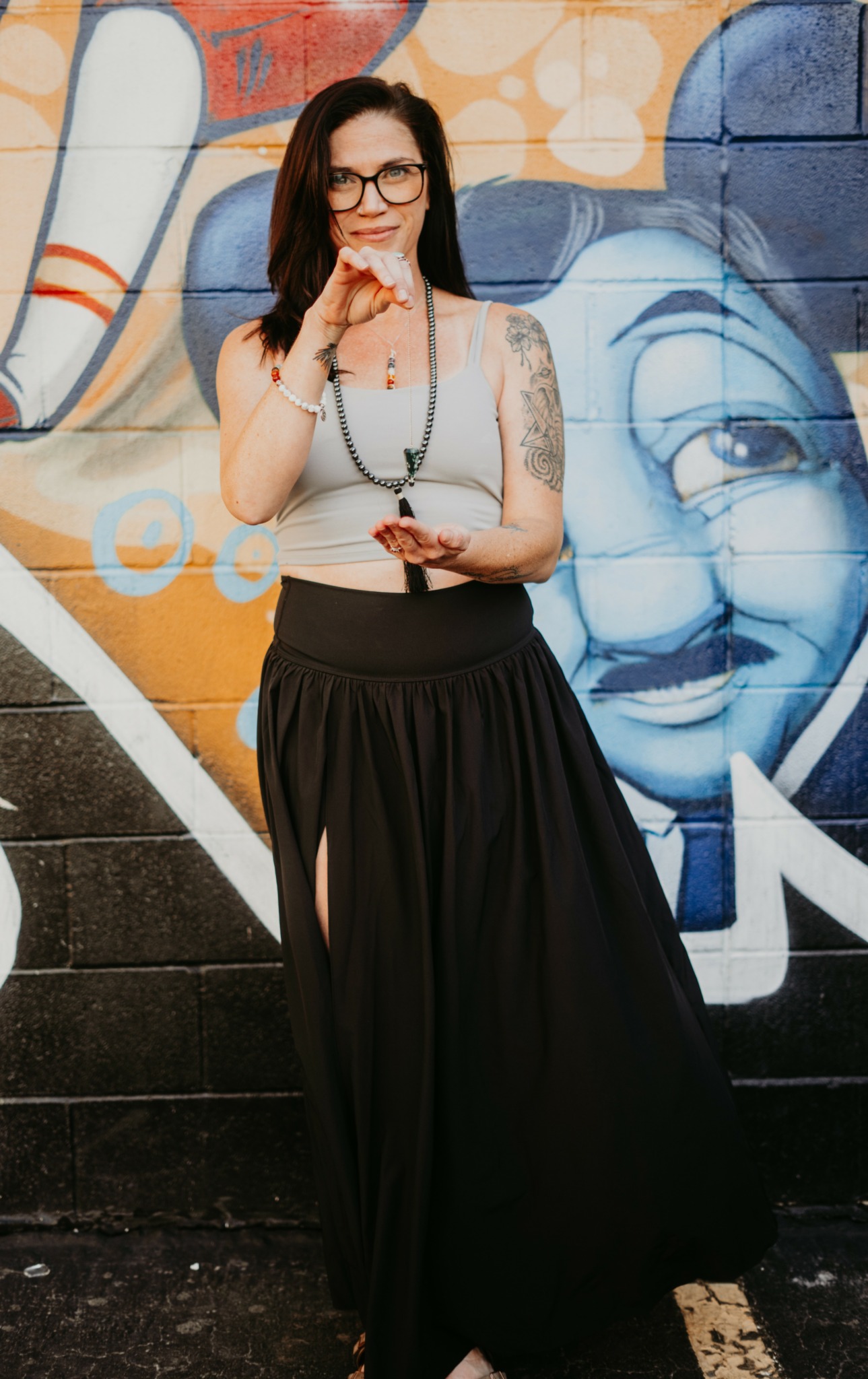
I think it takes an immense amount of sacrifice to be successful. Our time is our most valuable tool and in order to be successful we must take time to do so. Having good time management skills in all things business is the key to running a successful and profitable company. Of course in the type of work I do, the energy and healing I bring helps immensely, but it is truly our time spent and how it is spent that is the key to success. Read more>>
Jamie Gainey

To be successful, I believe it takes a combination of strong leadership, empathy, and a genuine commitment to quality. Success is not just about reaching goals or personal achievements; it’s about how we treat others along the way. Being kind, empathetic, and sympathetic helps build meaningful relationships and fosters trust. I also believe that being a quality leader means having the courage to make difficult decisions, even if it means losing friends or popularity. Success isn’t always about being liked; it’s about staying true to what’s right and leading with integrity. Read more>>
Angel Mackey

Success in the salon world requires a deep commitment to both clients and stylist. For clients, it means deliverIng exceptional service, personalized care, and consistently high-quality results that builds trust and loyalty. For stylist, it involves fostering a supportive and inspiring environment where creativity thrives, offering mentorship, ongoing education, and promoting growth to ensure they feel valued and motivated. Ultimately, it’s about balancing client satisfaction with stylist empowerment , creating a harmonious and thriving salon culture. Read more>>
J. Kyle Owens
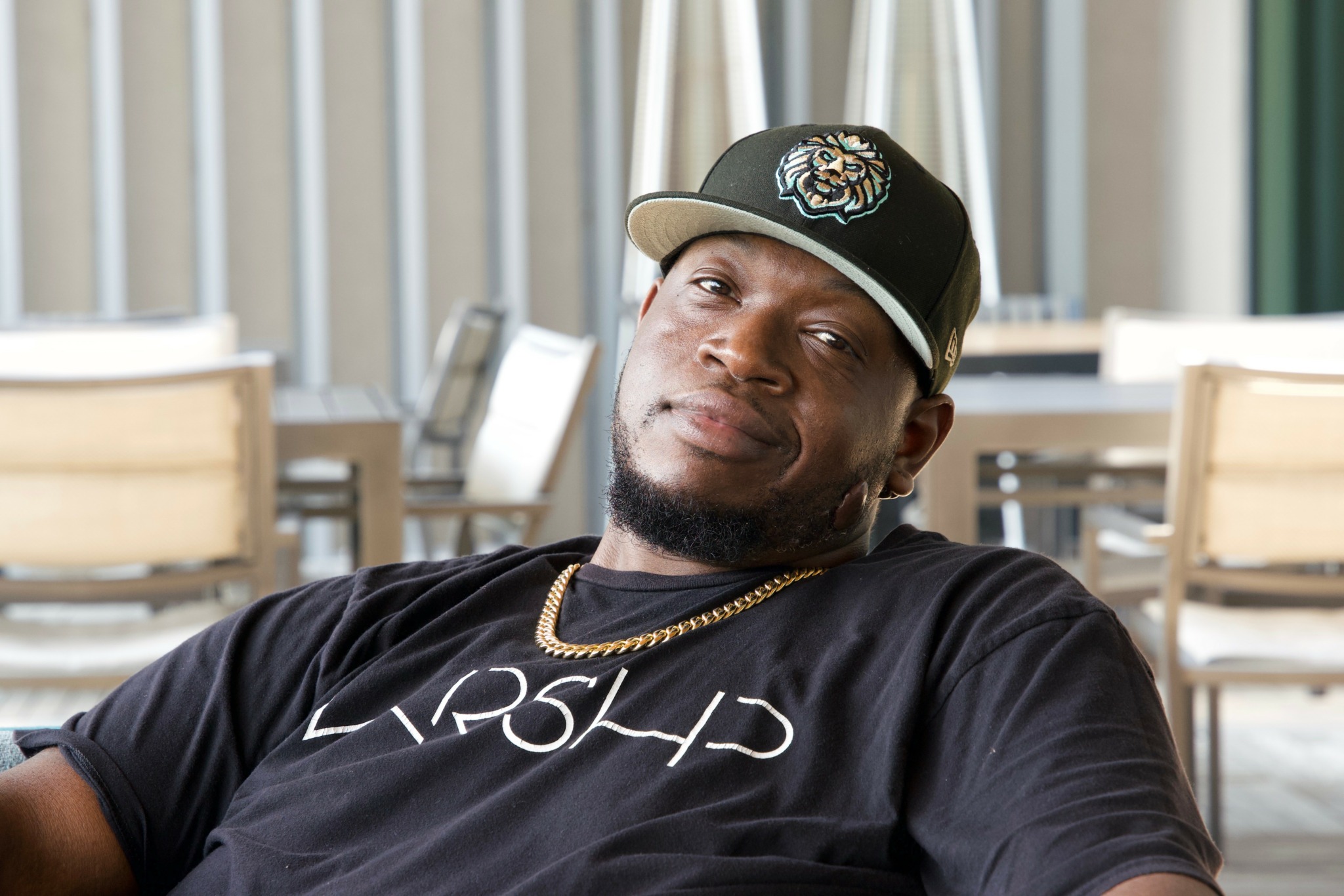
Great question. I believe success comes from a number of factors, 3 to be exact. The first factor to having success is having a clear goal. Without a destination, all transportation is pointless and wasteful. What you do and how you do it doesn’t matter if it’s not pointed toward a distinct target. I think a lot of people in life struggle with success on a personal and business level because their destination, their goal, is either undefined or not specific enough. You can’t score a touchdown in football if there’s no endzone. You can’t determine the winner of any race if there’s no finish line. This was my challenge when I first started my lifecoaching firm. Read more>>
Perri Neri
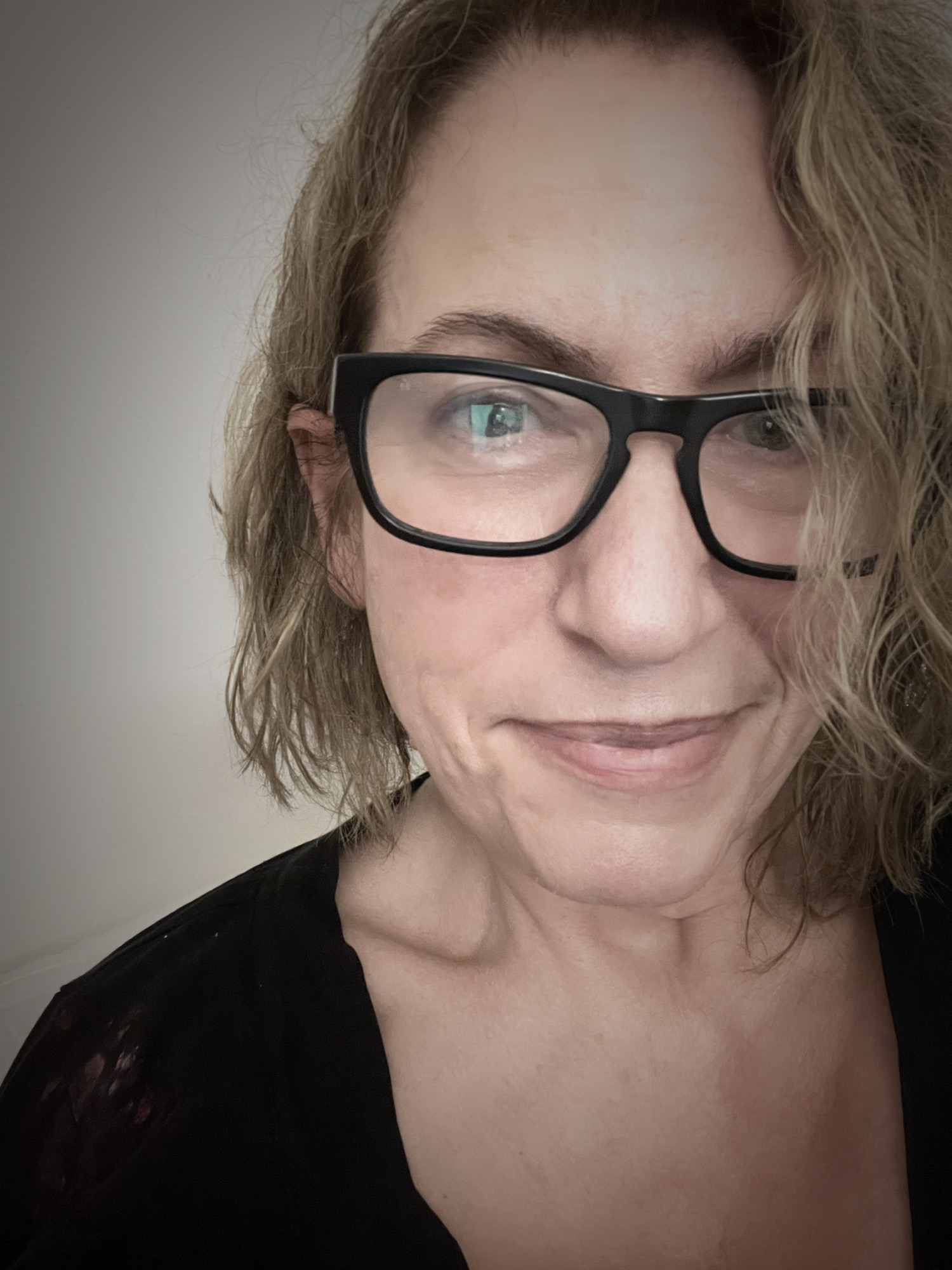
I took a big risk quitting my minimum wage office job in Florida at age 63, selling my house, and taking my art practice out of that spare bedroom and into a NYC office space in Chelsea and turned it into a licensed art space (Perri Neri LLC). I am still spending more money that I am earning, but it takes time to build something. I had a choice to stay the course and stay miserable or risk it all for even a few years of waking up every day with a purpose that was mine. I just turned 65 and the risk was worth it. Read more>>
Misha Bleymaier-farrish

I’m the founder and creator of the GSD Factor Life, which includes 6 attributes that I believe every single one of us needs in order to be successful in our professional and personal lives. These attributes include being confident, inquisitive, imaginative, present, resilient, and influential. When you activate all these, you are able to get sh*t done. You see, I’ve had this conversation countless times with my clients, podcast guests, readers of my 3 books, and attendees to my talks and workshops. More about these 6 key attributes: The power to Be Confident – The confidence to know your true authentic self, to know your voice, to speak your truth so that you are heard. You lead by example with assertiveness giving you a sense of empowerment and confidence. Read more>>
Jason Pp
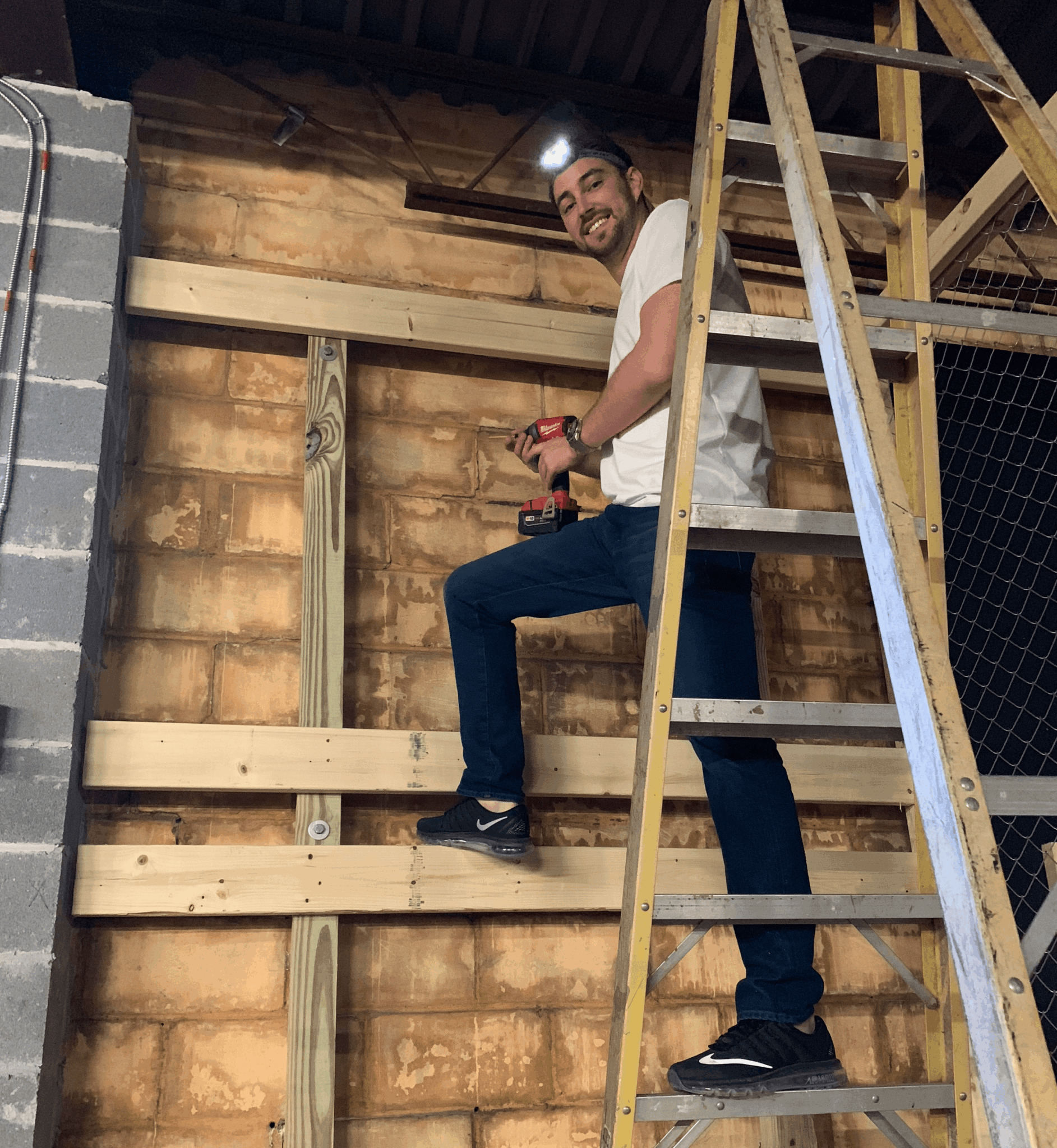
I think being successful depends on a few different things. First, I believe you have to be the best in your industry. In mine, it’s crucial to keep pushing the envelope and always offer something new and different. Entertainment is all about giving people experiences they’ve never had before. In the escape room world, I always aim to create one-of-a-kind experiences (though it doesn’t always play out as planned, it gets people talking). For example, one of my latest projects was an escape room made entirely out of ice in Charleston, SC—a place where it rarely gets cold. I bought a massive industrial freezer and hired a team of ice sculptors to bring this wild idea to life. The project looked incredible, but it came with so many problems that I had to shut it down in less than a year. I quickly learned why no one had ever done this before! From losing power during a hurricane and having the ice melt and flood the store to issues with the electrical systems in such extreme cold, it was a challenge. Plus, the temperature had to stay in the single digits Fahrenheit to keep the ice from evaporating (I never knew that was a thing), and customers didn’t exactly enjoy freezing. This is just one of the many crazy things I’ve tried with escape rooms. Read more>>
Rachel Thomas-medwid

Hard work and perseverance. At its minimal definition, success is the achievement of something you’ve been trying to do. So just finishing a film with all the hurdles that are involved can be considered a success. But to grow and improve, you need to continuously educate yourself, learn from your mistakes, and not give up. Filmmaking is so complex with multiple moving parts that change with every project; something you learn making one film isn’t necessarily applicable to the next, so it’s a constant drive to learn and improve. I think networking and connections are also incredibly important. Connecting with people who have skills you don’t have and learning from them can be invaluable. And I don’t mean networking in a schmoozing “what can you do for me” sense but in a way where you’re forging genuine connections that are mutually beneficial and help everyone’s growth. I’ve been lucky to have developed these relationships early on in my film career, and I also continuously work to expand my network by attending film festivals, events, and often putting myself in situations that push me out of my comfort zone as an introvert. Read more>>
Darwin Stephens
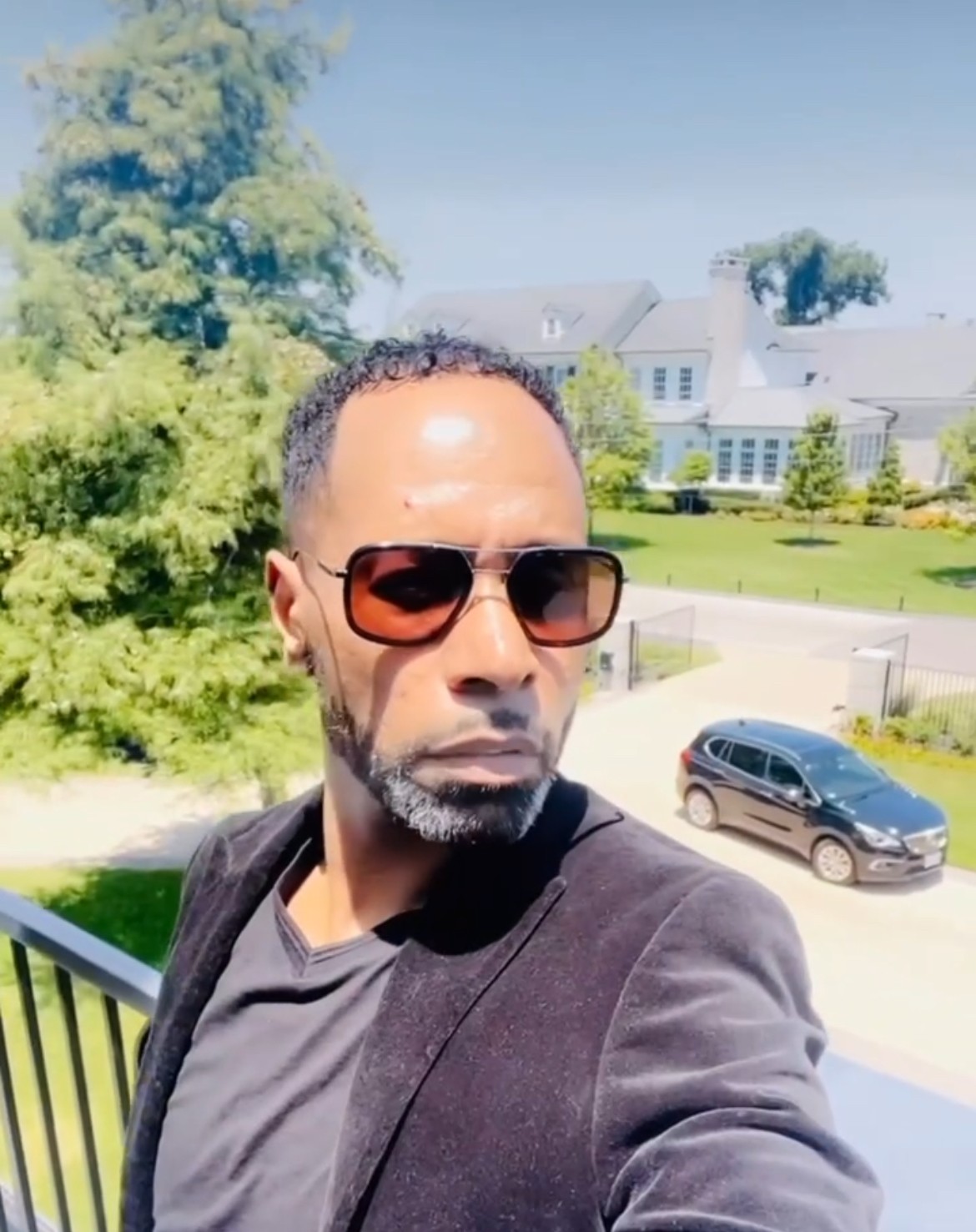
Success, to me, incorporates resilience, vision, and adaptability along with the ability to listen and learn at each level along the way. I learned early on in life not to rely on assumptions, I attribute this to the diversity in my life which allowed me to identify ignorance at all levels. My thinking process, developed at a young age, embodied me knowing I wanted to make the correct decisions in life. To be correct using assumptions meant I would have to be perfect, which no one is, which meant I would have to ask questions to form a sound decision. Even if I’m highly skilled in an area I’m never “too smart” to think new discoveries can’t occur ie… learn. I’ve always been able to make my own decisions with the opinions of others, never afraid to deter from groupthink to come to the correct decision. Unfortunately, not everyone can handle every role they are put in and it shows in their decision-making at each level. I believe being balanced, smart and open is why I’m not only successful but, a successful leader in many settings. Read more>>
Richard Jefferson
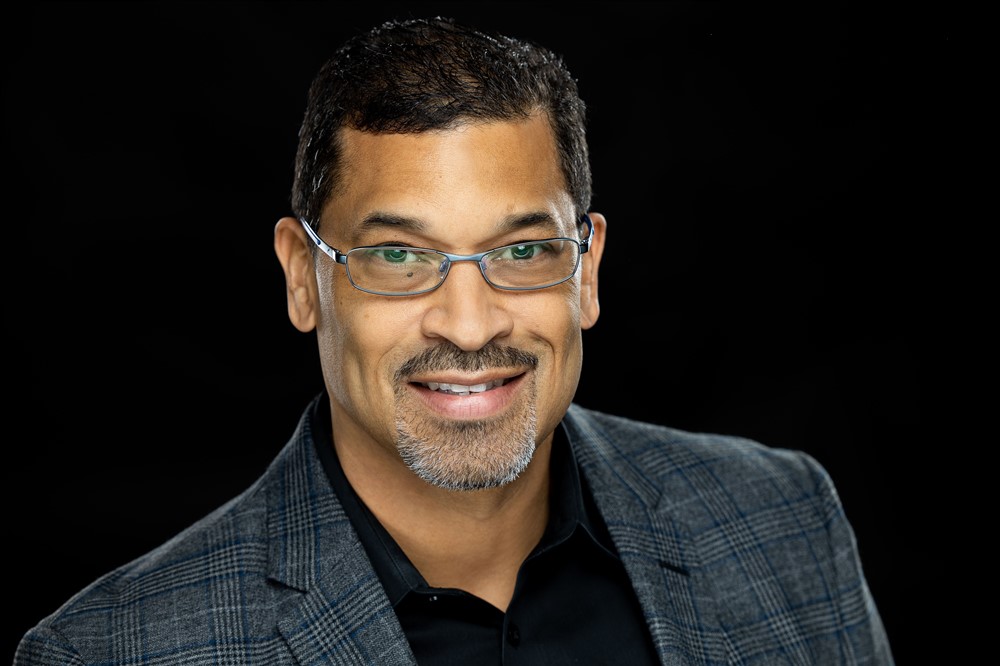
I believe that to achieve maximum success, a person cannot take a cautious path that avoids challenges. Experiencing failure is necessary to maximize a person’s success. It is impossible to grow beyond a person’s comfort zone if they don’t test the limits! For example, my first business was a music placement company. I had worked for a major record label in the early 2000s and saw the potential in the music placement industry. A music placement company is a liaison between music owners and projects that want to use music in their productions, such as film, television shows, video games, commercials, and trailers. I had experience negotiating deals and believed I could build a successful business in this area. The business model was straightforward. First, you enter deals with the recorded music owners and songwriters serving as their representatives. The owners grant the representatives the right to license their music to networks, studios, or other entertainment companies to synchronize with the footage used in the productions. The representative receives a commission as compensation. Second, the representative seeks out productions that need music by associating with music supervisors or through blind submissions to production companies. Read more>>
Matt Silveria
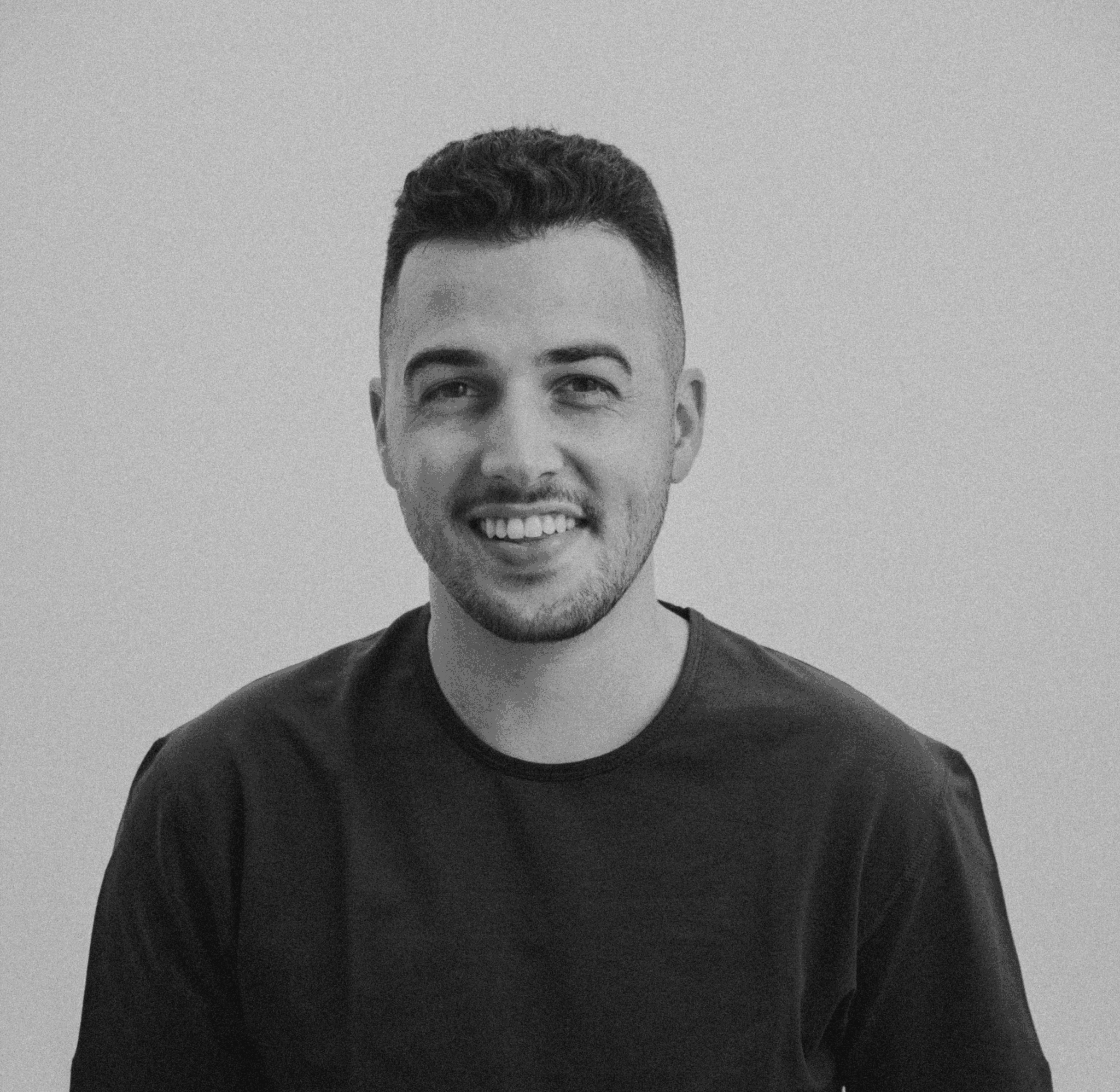
Early in my journey of founding Fount, I believed I had to be a jack-of-all-trades in my industry. I thought I needed to master everything—lighting, camera movements, directing talent, sales, producing. While those are all valuable skills, I’ve come to realize I’ll never be great at every single one of them. Recognizing my strengths as a solo business owner has helped me identify where I can bring in specialized contractors, allowing me to focus on my core expertise. This shift in mindset reminds me of what Steve Jobs referred to as “thinking differently.” Sure, I could try to handle everything on my own, but I’d likely burn out, losing the drive to continue. Instead, I’ve accepted that I don’t need to be an expert in every aspect of filmmaking—and that’s okay. It’s time to let the specialists do what they do best, so I can concentrate on bringing more business through the door. Read more>>
Joanna Horton Mcpherson

Once we’ve come a certain distance, our expertise goes a long way, but it’s not enough. We tend to have lots of answers and don’t always remember to ask questions. We can fall into this know-it-all thing were we’re looking back into the past for new ideas, and that doesn’t work. Also, we can lose our sense of fulfillment once we master the game, when what we need is to reinvent the game we’re playing. I remember training in a conservatory as an actor in New York after having some success already in the field. I came in with this idea that I would be skipped to the advanced section, but my teacher was far more keen than I knew. She pulled me aside on day 1 and said, “why don’t you try putting everything you know aside and see if you can try a new approach?” I did it to humor her at first, but it ended up being the best advice I’ve ever gotten. Not only did I end up learning a whole new toolbox of skills, I became certified in this technique 3 years later, and opened my own studio to teach it myself. Indeed, this shift in my career path may never have happened had I dismissed it all on day one. I believe my whole destiny hinged on setting my perceived expertise aside. I’m now a believer in this approach as a whole. Read more>>
Sofie Verweyen

The film industry is built on human connection. In order for you to be successful you have to be someone who people want to work with— a strong leader but also kind and a team player. I’ve found that I can handle some of the most difficult sets if I’m working with a team that keeps a positive attitude and is just as passionate about making a great piece of art. Read more>>
Marissa Gosses

As a recipe developer and food photographer, I find success by not being afraid of failure and by persevering until I achieve my desired outcome. This applies to both cooking and photography. Some recipes take several tries to get just right and require patience and determination to perfect them before I am willing to share the recipe with my audience. When it comes to food photography and styling, it takes a lot of persistence to make a meal that might not look very pretty appear delicious. One of my favorite photographs that I have taken was of a cup of black bean soup. Initially, this was something I would have avoided, as brown soup is not very visually appealing. However, after getting the lighting right and telling a story through the props and toppings, it turned out amazing! Read more>>


